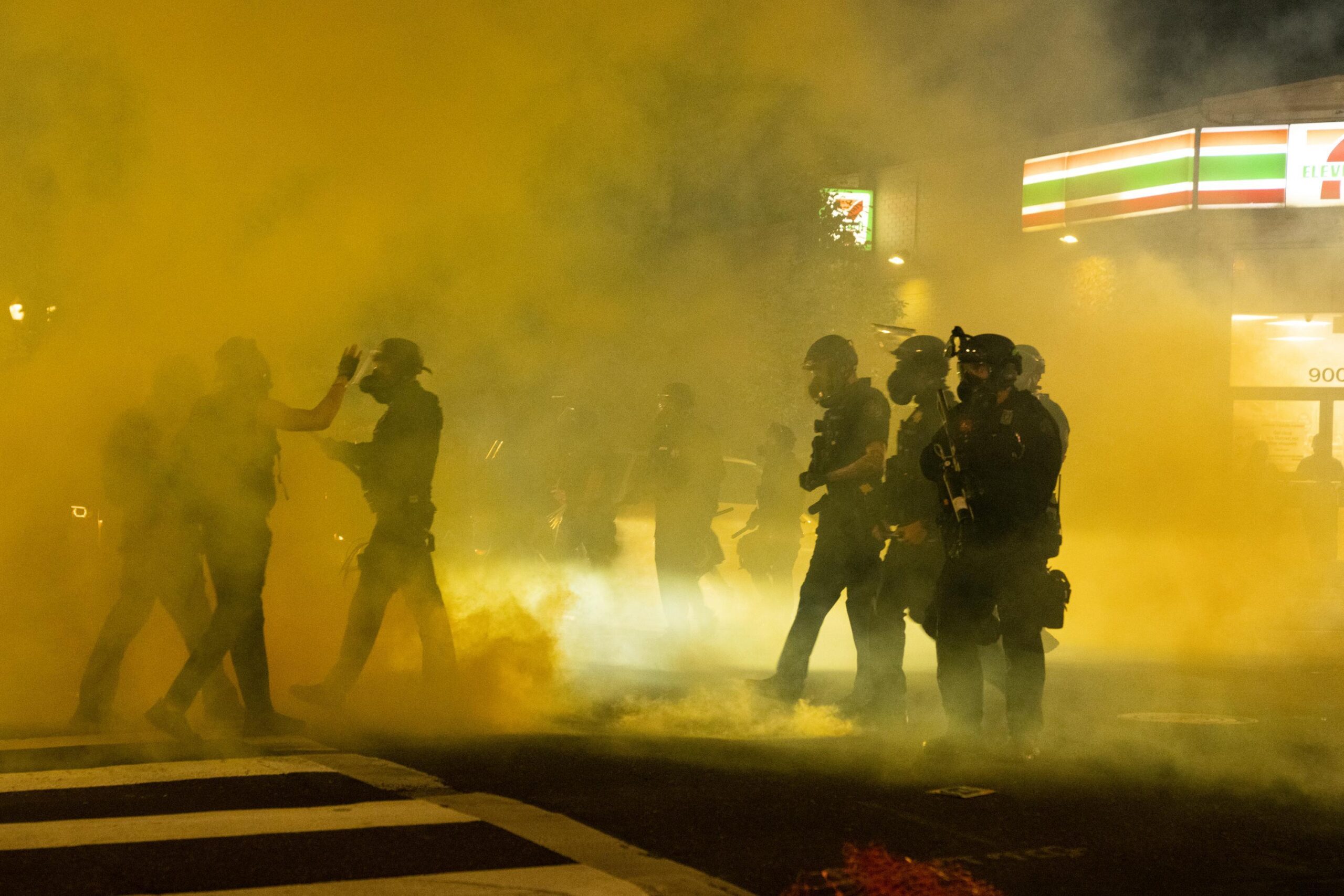Northwest Center for Alternatives to Pesticides et al v U.S. Department of Homeland Security
- Latest Update: Jan 24, 2022

Stay Informed
Sign up to be the first to hear about how to take action.
By completing this form, I agree to receive occasional emails per the terms of the ACLU’s privacy statement.
By completing this form, I agree to receive occasional emails per the terms of the ACLU’s privacy statement.
